Happy is he who causes a scandal

Happy is he who causes a scandal
Salvador Dali, the renowned surrealist artist, was no stranger to scandal. In fact, he seemed to revel in it. Dali was known for his eccentric behavior, flamboyant personality, and controversial art. He once famously said, "Happy is he who causes a scandal," and it is clear that he lived by those words.Dali's art was often provocative and shocking, pushing the boundaries of what was considered acceptable in the art world. His paintings were filled with bizarre and dreamlike images, often featuring melting clocks, distorted figures, and strange landscapes. Dali's work was a reflection of his own inner turmoil and obsessions, and it often left viewers feeling unsettled and disturbed.
But Dali didn't just cause scandal with his art – he also courted controversy in his personal life. He was known for his outlandish behavior, such as wearing a diving suit to a party or arriving at a gallery opening in a Rolls Royce filled with cauliflowers. Dali's eccentricities and larger-than-life persona made him a magnet for attention, both positive and negative.
Despite the controversy that surrounded him, Dali seemed to thrive on it. He once said, "I don't do drugs. I am drugs." This statement encapsulates Dali's attitude towards scandal – he saw himself as a force of nature, a disruptor of the status quo. He believed that by causing a scandal, he was challenging societal norms and pushing the boundaries of what was considered acceptable.
In many ways, Dali's willingness to court scandal was a form of rebellion against the constraints of society. He refused to conform to the expectations of others, choosing instead to follow his own path and create art that was true to his own vision. In doing so, he inspired generations of artists to embrace their own creativity and individuality, regardless of the consequences.


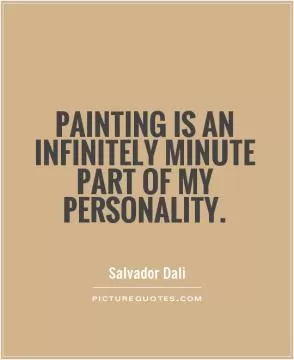
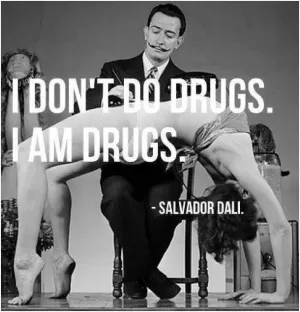

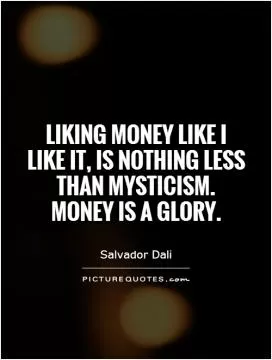

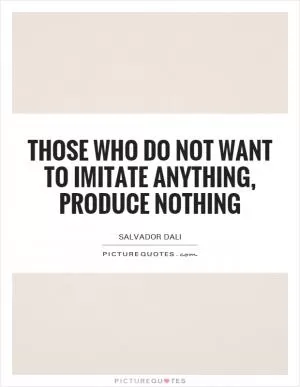



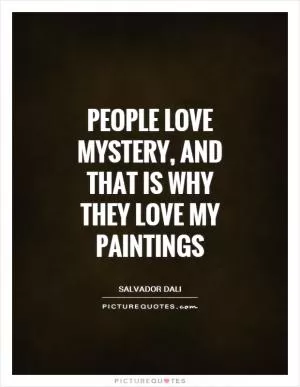
 Friendship Quotes
Friendship Quotes Love Quotes
Love Quotes Life Quotes
Life Quotes Funny Quotes
Funny Quotes Motivational Quotes
Motivational Quotes Inspirational Quotes
Inspirational Quotes